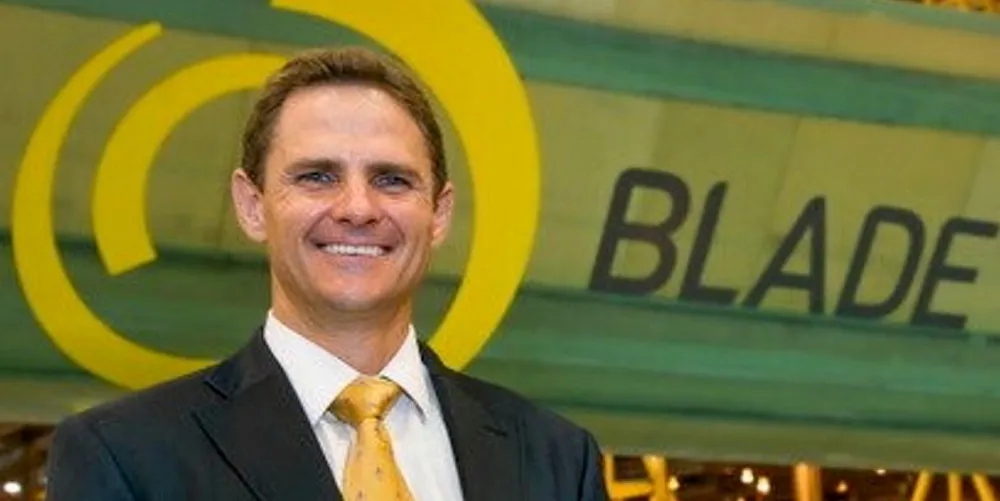'Emerging offshore wind markets are risky but essential to the energy transition – here's why'
'Fringe' plays such as Italian deepwater will soon enter the mainstream and in the process can serve to help drive competition and inspire an industry to grow faster and more dynamically, writes Theo Botha
